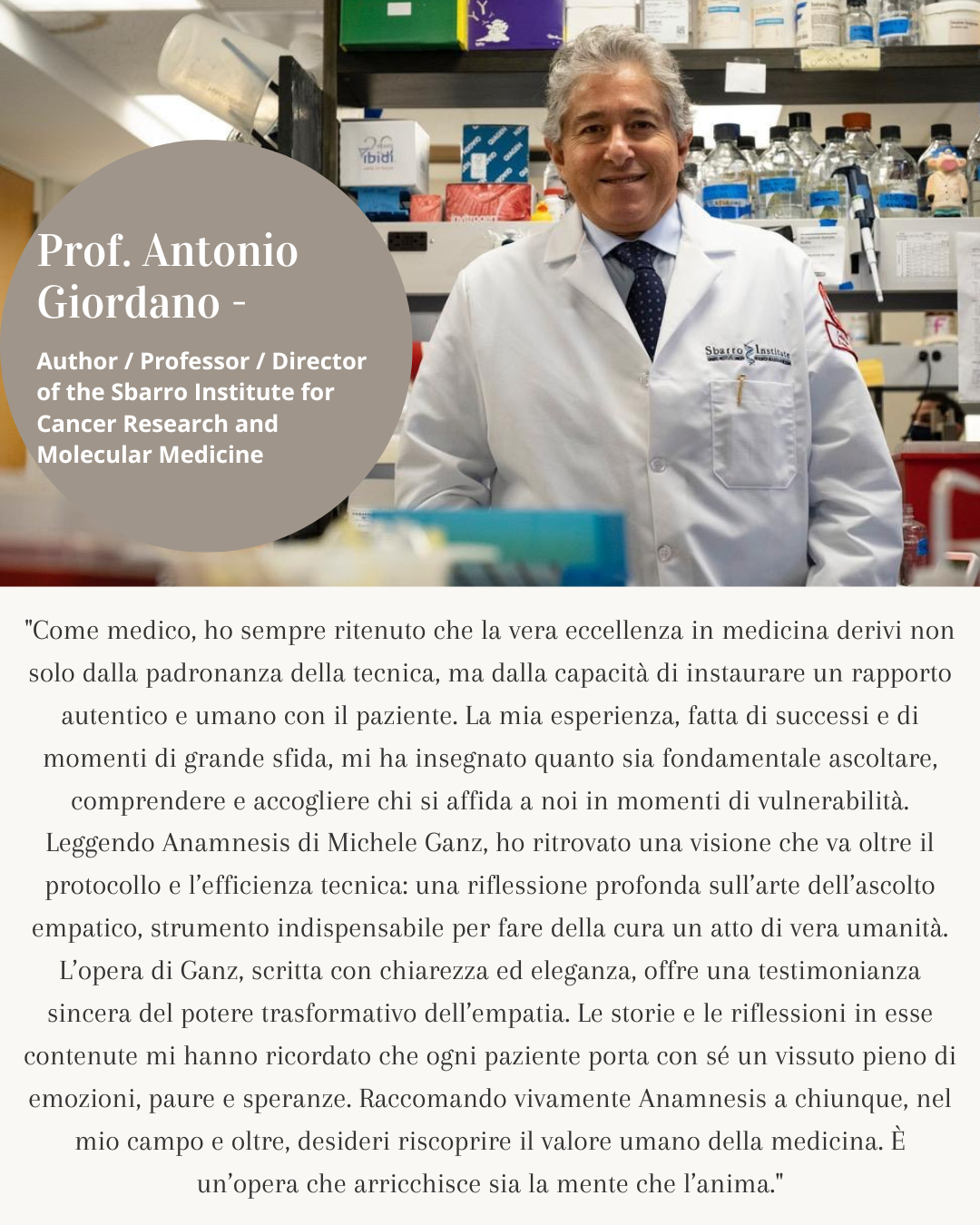Assistant Professor of Occupational and Environmental Health
Humanitas University
"Medicine is a discipline of care, and often, we are not able to cure but must limit ourselves to treating. However, care, taking responsibility, and sharing in suffering are fundamental elements that help the patient understand, and when necessary, learn to live with the illness and face death, the latter being an inevitable condition for all living beings.
There have been many cases where I have observed how a balanced relationship with the patient, which combines professional competence, clarity of roles, an adequate capacity for listening, and management of empathetic communication, has greatly facilitated the management of symptoms and the illness as a whole.
We can and must certainly push further in understanding the physical and emotional pain of patients, which is highly individual in terms of perception, but at the same time, we must maintain our professional role as doctors, essential for ensuring the highest quality of care, without forgetting that doctors themselves are human beings with their own vulnerabilities. The ability to create and manage this complex relationship between doctor and patient, which has unique characteristics in the professional realm, requires time and training that integrates the acquisition of increasingly specialized and technologically advanced knowledge with training in empathy management. In my personal experience, this area, which I had the good fortune to approach during my university education thanks to some mentors, including certainly Alberto Malliani, enriched my training and has continued to pervade the way I approach my daily work as a doctor. Unfortunately, current study programs and the strong emphasis on the acquisition of knowledge and techniques, relegates these topics to limited initiatives for discussion and reflection, which in my opinion, ultimately risk leaving the doctor alone in facing complex problems and, on the other hand, result in an incomplete patient care approach that can sometimes make physical and emotional treatment more difficult, if not impossible."




